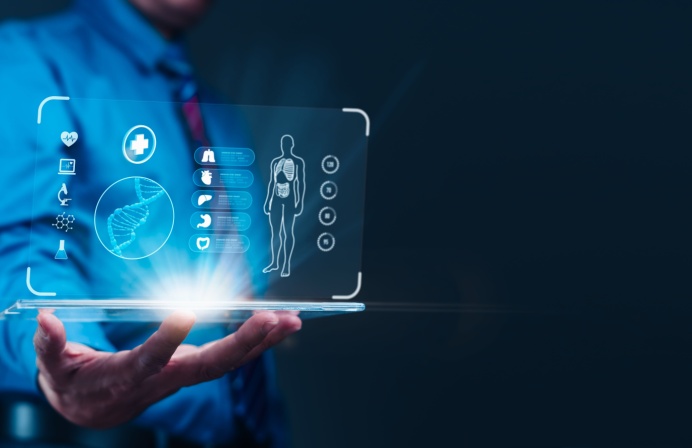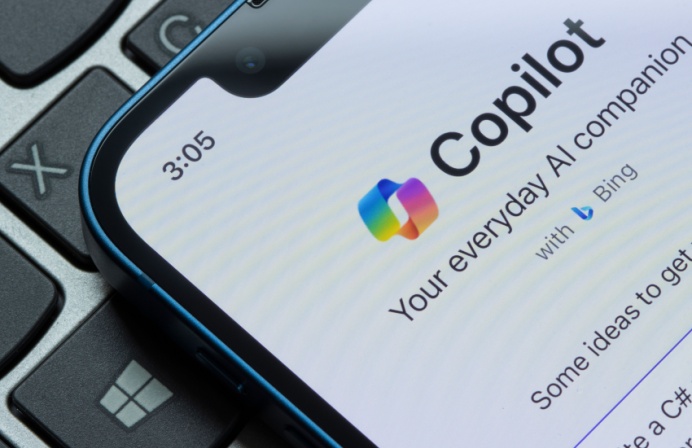
The Federal Minister for Health and Aged Care has flagged the introduction of new “sharing by default” legislation to mandate the near real-time availability of test and scan results on My Health Record.
Speaking at the Victorian Healthcare Week 2024, the Hon Mark Butler MP said Australia has fallen behind in maintaining international best practice for the collection of health information and exchange standards, some of which can be attributed to the state of disrepair My Health Record has fallen into in recent years.
In the 2024 Health of the Nation survey conducted by the Royal College of General Practitioners, 31 per cent of GPs said they rarely or never use My Health Record; even fewer specialists responded the same and 50 per cent of specialists aren’t even registered with it.
“Shared national standards will enable My Health Record to become the data-rich platform that Australia needs,” Butler told event attendees.
“A few weeks ago, the Digital Health Agency put out a large tender to do just that: to fundamentally transform the interoperability capability of My Health Record.
“This is a critical piece of work that will enable clinicians and consumers to discover and access healthcare information where and when it is needed, in a standardised structured format.”
While My Health Record continues to grow as an established part of the process when it comes to sharing pathology and diagnostic imaging reports across Australia and will also be integrated with My Aged Care by the end of the year, Butler said this progress was still not enough and too slow.
“All states and territories are now sharing pathology and diagnostic imaging reports to My Health Record, with most uploading more than 75 per cent of all tests and scans, and most on track to share 100 per cent of them in coming months. By the end of the year, for the first time, client support plans will be able to be shared from My Aged Care to My Health Record. Patients expect their diagnostic scans and pathology tests to be uploaded,” he said.
“At the National Press Club in May last year, I said that I intended to make it the rule. Since that announcement, the number of private radiology clinics connected to My Health Record has more than doubled. Australia’s largest private radiology provider, I-MED has started sharing by default from all their Western Sydney clinics. In the ACT and southern New South Wales, Capital Pathology is sharing by default from every one of their clinics.
“The third largest private radiology provider, Lumus, is the first to share by default nationally. And since one private pathology provider in Western Australia started sharing by default earlier this year, they now field around 150 fewer calls per day from patients looking for test results. Over 10 million pathology and nearly 1 million diagnostic imaging reports are being uploaded each month.”
Butler indicated in his speech that the “biggest revolution underway in digital health” was enabling the availability of scans in tests in My Health Record and enacting legislation to make this access near real-time. Butler confirmed that the seven-day delay preventing patients from viewing their results sooner would be removed and only be kept in clinically-appropriate situations.
“Patients desire and deserve access to their own health data, and agency over how it is used and shared. Digital health technologies should empower patients to monitor and take charge of their health and wellbeing, so they can interact confidently with healthcare providers and build their health literacy,” he said.
“It moves patients from the periphery of a too-often fragmented system, and puts patients right of the heart of a better connected and more personalised health system. This is what drives our government’s efforts. And it’s why the “sharing by default” framework will ensure that pathology and diagnostic imaging companies that do not upload the results of a test or scan will not get a Medicare benefit for that test or scan. Withhold a patient’s results and we will withhold the Medicare payment. It’s as simple as that.
“Near-real time availability will see an uplift of digital health literacy, better informed consumers and better management and care coordination of chronic conditions. Just what a stronger Medicare needs to be able to deliver for the patient profile of 21st century Australia. A bit over a year after the announcement of $1.1 billion in funding, this quiet revolution in digital health is delivering more progress in a single year than in the previous ten years, combined.
“By driving revolutionary changes in standards, medications, and tests and scans, a modernised and upgraded digital health infrastructure will deliver a My Health Record that is data-rich, real-time and complete. Consumers will be able to trust the system, access their information at all times, and won’t have to repeat their medical history every time they see a clinician.”





